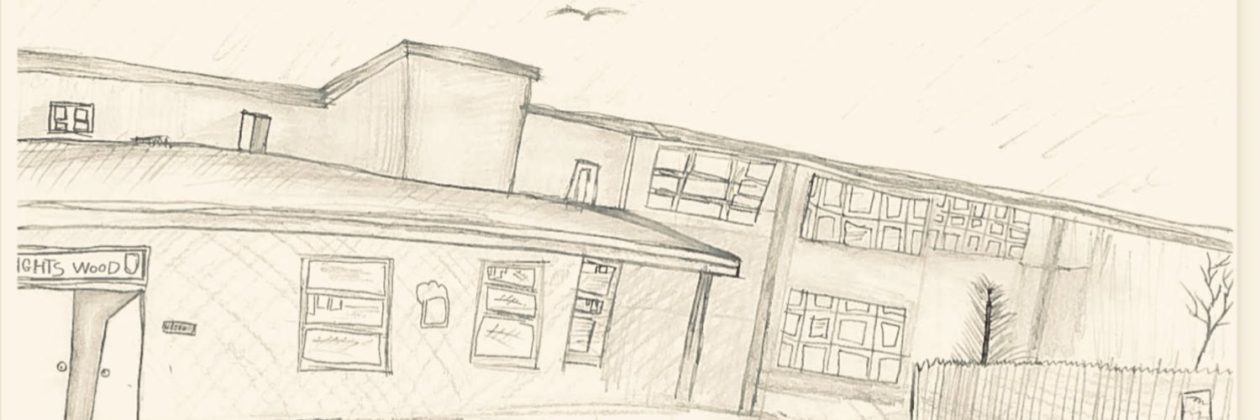A motor skill is a function involving the precise movement of muscles with the intent to perform a specific act.
Most purposeful movement requires the ability to “feel” or sense what one’s muscles are doing as they perform the act. Motor difficulties occur when an individual lacks the ability to move in the way he or she originally intended. Developing both fine and gross motor skills are important for children’s growth and independence as good motor control aids cognitive development and helps children explore the world around them.
Children may hide their difficulties by displaying avoidance tactics such as acting silly or throwing a tantrum because they are embarrassed. Many children need brain engaging strategies, direct teaching and guided practice to assist their progress toward improvement and successful development of these motor skills.
(source: https://www.educlime.com/wharemosk.html )
Gross Motor Skills: movements related to large muscles such as torso, legs, arms, etc. Activities utilising gross motor skills include standing, sitting, walking, going up and down stairs, running and swimming. Control of these skills is developed during childhood through physical activity and play.
Fine Motor Skills: movements involving smaller muscle groups such as those in the hands, wrists, and to a lesser extent, toes, feet, and ankles. Examples of daily activities we undertake which utilise our fine motor skills include: clothing fastenings such as buttons, zips and shoelaces; personal hygiene actions such as using the toilet, brushing teeth and hair, using a pencil or utensils; and operating keyboards and telephones. Developing hand, eye, and brain coordination is complex and ongoing throughout our lives.
Motor skills development: What to look out for:
☑️ Difficulty with handwriting or letter formation
☑️ Struggles to fasten buttons or laces
☑️ cannot copy from board or other source
☑️ Frequent loss of place when reading
☑️ Missing out questions on a page
☑️ Bumping into furniture or other people
☑️ Falls out of chair or seems to trip over own feet
☑️ Poor posture (seated or standing)
☑️ Difficulty organising materials
(source https://www.educlime.com/wharemosk.html)
Information and Resources for Parents
General intro and advice
Useful link directory
Comprehensive PDF including clearly outlined activities (Gross & Fine)
https://www.lincolnshirecommunityhealthservices.nhs.uk/application/files/2915/2285/5110/1st_Move.pdf
Gross Motor: Practical advice and activity ideas
https://www.nhsaaa.net/media/5715/20181011grossmotor.pdf
Developing Gross Motor Skills
How to help your child with Gross Motor skills:
Balancing
https://www.aberdeenshire.gov.uk/media/5803/howtohelpyourchildwithbalancing.pdf
Body Awareness
https://www.aberdeenshire.gov.uk/media/5804/howtohelpyourchildwithbodyawareness.pdf
Planning & Organising
Games for Gross Motor Development
https://www.aberdeenshire.gov.uk/media/5811/howtohelpyourchildtodeveloptheirgrossmotorskills.pdf
Coordinating both sides of body
Gross Motor Games
https://www.aberdeenshire.gov.uk/media/5800/lgamestohelpyourchilddevelopgrossmotorskills.pdf
Games and activities for kids
(Gross Motor Skills Development):
☑️ Create a path of ‘stepping stones’ for your child to follow. You can use pillows indoors or even pieces of paper in the garden or use chalk to draw stepping stones on to your driveway
☑️ Use chalk or tape to create a hopscotch board
☑️ Create an obstacle course!
☑️ Practise throwing and catching. This can be as simple as throwing a ball back and forth down the hall, or head outside and play catch games using balls, bats, Frisbees, paddles etc
☑️ Games that are great for developing Gross motor skills include: Twister, Cranium, Skittles, Charades, Swingball, kids hockey or golf sets, hula hoops, space hoppers, pogo sticks, skipping ropes, trampolines, roller skates
Fine Motor Skills
How to help your child with Gross Motor skills:
Hand skills
https://www.aberdeenshire.gov.uk/media/5806/howtohelpyourchildwithhandskills.pdf
Using scissors
https://www.aberdeenshire.gov.uk/media/5806/howtohelpyourchildwithhandskills.pdf
Pencil control
https://www.aberdeenshire.gov.uk/media/5797/howtohelpyourchildwithpre-writingskills.pdf
Self care
https://www.aberdeenshire.gov.uk/media/5802/howtohelpyourchildwithdressingbuttonsandzips.pdf
https://www.aberdeenshire.gov.uk/media/5793/howtohelpyourchildwithshoelacesandcutlery.pdf
Fine Motor Games
https://www.aberdeenshire.gov.uk/media/5808/gamestohelpyourchilddevelopfinemotorskills.pdf
Games and activities for kids
(developing fine motor skills):
- Pencil control tasks – Drawing shapes e.g. draw a page of triangles of different sizes; Draw a dotted line or simple pattern for your child to carefully trace; Fill a plastic sandwich bag with some shaving gel and glitter, seal the top with duct tape and lay on a flat surface. Have your child draw shapes or messages on the bag!
- Scissor control – create simple shapes for your child to cut out, or have them search magazines for an image to cut out (e.g) Can you find all the faces / Animals? Create a collage with the images collected.
- Finger strength activities: Mix a bag of marbles in with some sand and have your child pick out the marbles using a grabbing implement such as tweezers or prongs; Put small colourful items in a bowl, such as craft pompoms, buttons or marbles, and have your child sort according to colour in to an ice cube tray, again using tweezers or small pipets.
- Threading activities: Using edible items such as fruit or sweets, have your child thread to create an edible necklace (make sure to wash your hands with hot soapy water for at least 20 seconds beforehand); using beads or dried pasta (you could even paint them beforehand for added finger control development) create a fun necklace; using pipe cleaners or laces, use alphabet beads to spell words or even short sentences; With a colander and some dried spaghetti, laces or pipe cleaners.
- Construction skills Games that require pushing and pulling with fingers – Build with Lego (Make the tallest tower you can!), Mechano, puzzles, train tracks etc. For an added challenge store different parts in tubs or jars with lids that require little fingers to excerpt power with help strengthen hands and create muscle memory.
- play a game! Lots of games require fine motor skills, such as:Pick up sticks, Mousetrap, Hamma beads, Operation, Mr & Mrs Potato Head, Buckeroo, Boppit, Etch–er-sketch, Scrabble, Hungry Hippo, Card games, Guess Who, Dressing up dolls and brushing their hair, Play Doh & Clay (Use pastry cutters/wheels, sticks or even pencils to manipulate the dough)

